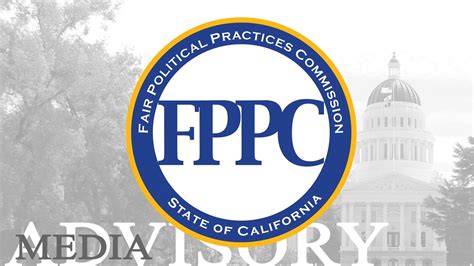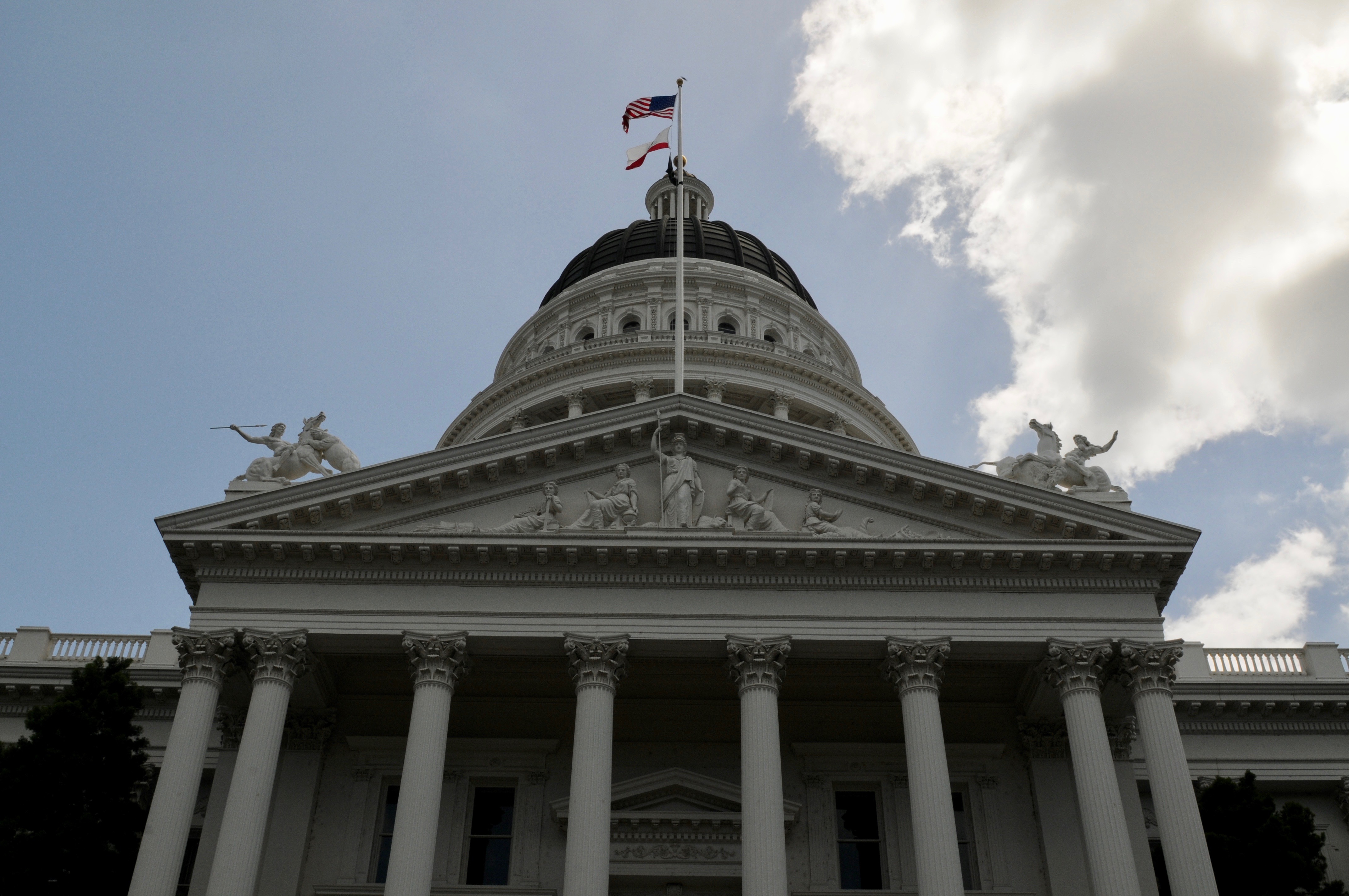
California Rulemaking Law Under The Administrative Procedure Act. (Photo: OAL.ca.gov)
Executive Branch Officials and the ‘Revolving Door’ Limitation
There is also a ban on influencing prospective employers
By Chris Micheli, January 3, 2022 12:27 pm
Similar to the “revolving door” limitation on state legislators found in Article IV, Section 5(e) of the California Constitution, executive branch officials of state government are also subject to this limitation when these officials leave government service. It is often referred to as the “revolving door” between the public and private sectors.
Article V, Section 14(e) provides that “the Legislature shall enact laws that prohibit a state officer, or a secretary of an agency or director of a department appointed by the Governor, who has not resigned or retired from state service prior to January 7, 1991, from lobbying, for compensation, as governed by the Political Reform Act of 1974, before the executive branch of state government for 12 months after leaving office.”
This provision of the state Constitution applies to the elected constitutional officers as well as agency secretaries (i.e., members of the Governor’s cabinet) and department directors, who are appointed by the Governor and confirmed by the State Senate. Article V, Section 14(f) defines “state officer” as the Governor, Lieutenant Governor, Attorney General, Controller, Insurance Commissioner, Secretary of State, Superintendent of Public Instruction, Treasurer, and the members of the State Board of Equalization.
In addition, there are statutory provisions that provide further guidance on the revolving door limitation. Government Code Title 9, Chapter 7, Article 4 concerns the disqualification of former officers and employees. It begins with Section 87406(a), which is known as the “the Milton Marks Postgovernment Employment Restrictions Act of 1990.”
Similar to the provisions of the Milton Marks Act related to legislators, Government Code Section 87406(c) – applicable to the nine elected state officers – specifies that:
An elected state officer, other than a Member of the Legislature, for a period of one year after leaving office, shall not, for compensation, act as agent or attorney for, or otherwise represent, any other person by making any formal or informal appearance, or by making any oral or written communication, before any state administrative agency, or any officer or employee thereof, if the appearance or communication is for the purpose of influencing administrative action, or influencing any action or proceeding involving the issuance, amendment, awarding, or revocation of a permit, license, grant, or contract, or the sale or purchase of goods or property. For purposes of this subdivision, an appearance before a “state administrative agency” does not include an appearance in a court of law, before an administrative law judge, or before the Workers’ Compensation Appeals Board.
In addition, a similar prohibition applies to certain employees of state agencies. Government Code Section 87406(d)(1) provides:
A designated employee of a state administrative agency, any officer, employee, or consultant of a state administrative agency who holds a position that entails the making, or participation in the making, of decisions that may foreseeably have a material effect on any financial interest, and a member of a state administrative agency, for a period of one year after leaving office or employment, shall not, for compensation, act as agent or attorney for, or otherwise represent, any other person, by making any formal or informal appearance, or by making any oral or written communication, before any state administrative agency, or officer or employee thereof, for which the individual worked or represented during the 12 months before leaving office or employment, if the appearance or communication is made for the purpose of influencing administrative or legislative action, or influencing any action or proceeding involving the issuance, amendment, awarding, or revocation of a permit, license, grant, or contract, or the sale or purchase of goods or property. For purposes of this paragraph, an appearance before a state administrative agency does not include an appearance in a court of law, before an administrative law judge, or before the Workers’ Compensation Appeals Board. The prohibition of this paragraph only applies to designated employees employed by a state administrative agency on or after January 7, 1991.
Finally, elsewhere in the Political Reform Act, and similar to provisions applicable to state legislators, there is also a ban on influencing prospective employers. In other words, a state executive branch officer or official is prohibited from making, participating in making, or influencing a governmental decision that directly relates to a prospective employer of that officer or official.
- Legislative Intent Does Not Equate to a Mandate - April 27, 2024
- Frequently Asked Questions about State Agency Ethics Training - April 26, 2024
- Frequently Asked Questions about When Elected Officials Take Office - April 25, 2024




